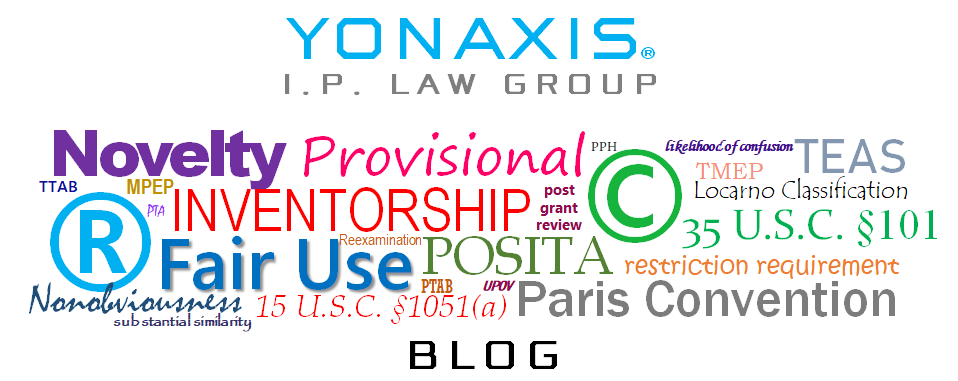The Russia-Ukraine war has just entered its second month, and it appears Russia is using intellectual property piracy as a weapon in retaliation for crippling economic sanctions levied against it after Russian forces invaded Ukraine in February 2022. The decree was issued on March 7, 2022, just two weeks after the Russian invasion. The decree allows zero compensation to those companies from so-called “unfriendly” countries (i.e., those countries which imposed sanctions against Russia) owning patents licensed to Russian companies. This amounts essentially to I.P. theft. The decree would be applied against 48 countries currently listed as “unfriendly” by the Russian government. This would have a negative effect on conducting of trade and business in Russia.

Further, the Federal Service for Intellectual Property, or Rospatent, has permitted several trademark applications which bear striking resemblances to foreign companies which have suspended or terminated operations in Russia. McDonald’s, the U.S.-based fast food restaurant chain, which temporarily paused operations at its chain restaurants in Russia in early March, has one of the most iconic registered trademark logos. However, a new trademark application filed with Rospatent by the Russian-based fast food operator, Uncle Vanya’s, looks eerily similar to McDonald’s famous double arch logo. This is in line with the White House’s observation, as well as those from abroad, that Russia will seize assets owned by foreign companies that suspended operations in Russia.
On March 16, 2022, the U.S. has also imposed sanctions on luxury goods to Russia and Belarus as a result of the invasion of Ukraine. Also, on April 1, 2022, the USPTO announced it will no longer grant requests for participation in the Global Patent Prosecution Highway (GPPH) where the request originates from Rospatent as Office of Earlier Examination (OEE).
Also, a Russian court has banned Meta, Inc.’s Facebook and Instagram platforms, deeming them as “extremist.” The ruling is partly a result of Meta’s decision to allow Ukrainians’ free speech to advocate hate speech against Russian soldiers. Facebook and Instagram were previously blocked in Russia, but VPN demand was up 2,692% in Russia in March 2022, presumably by Russian citizens looking to get around the blocks.
We will continue to update the blog with I.P. developments resulting from the Ukraine war.
